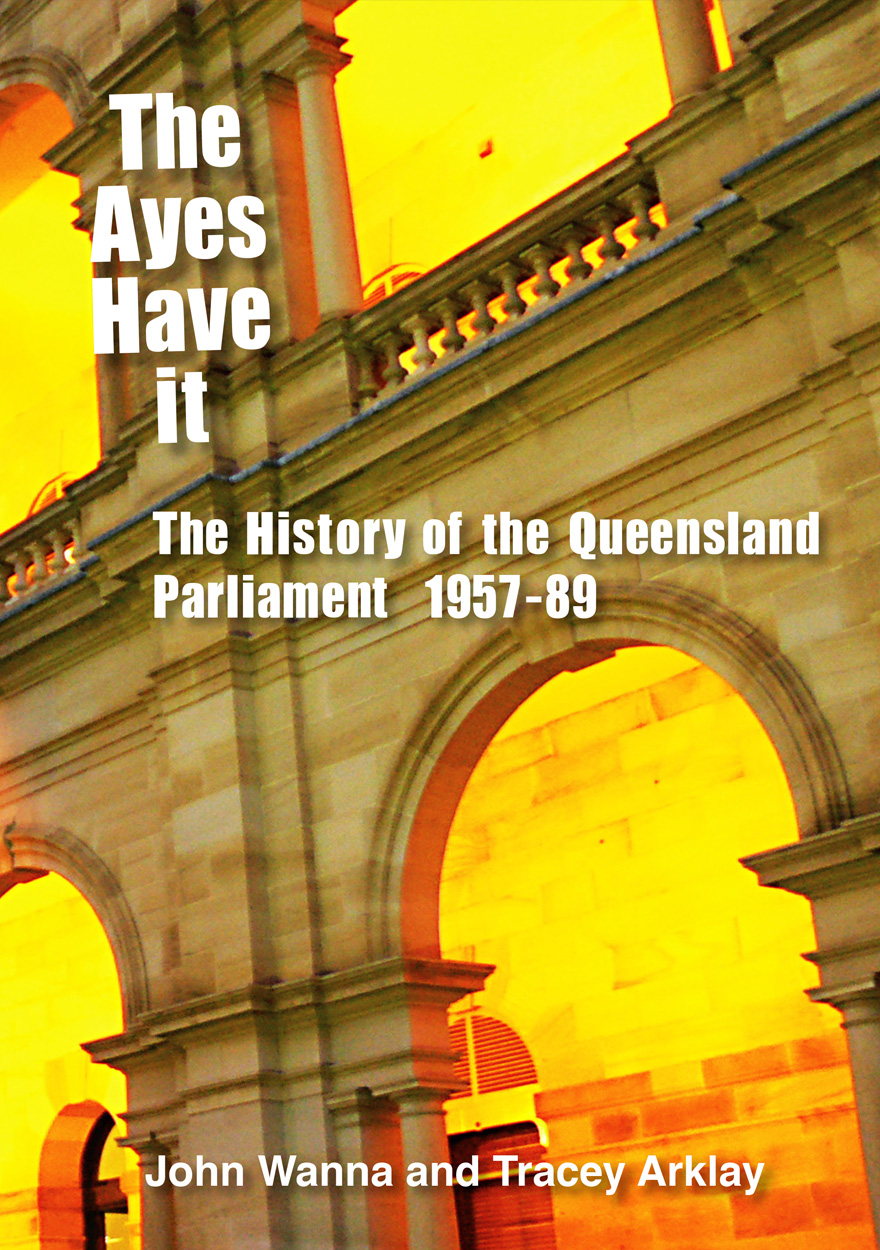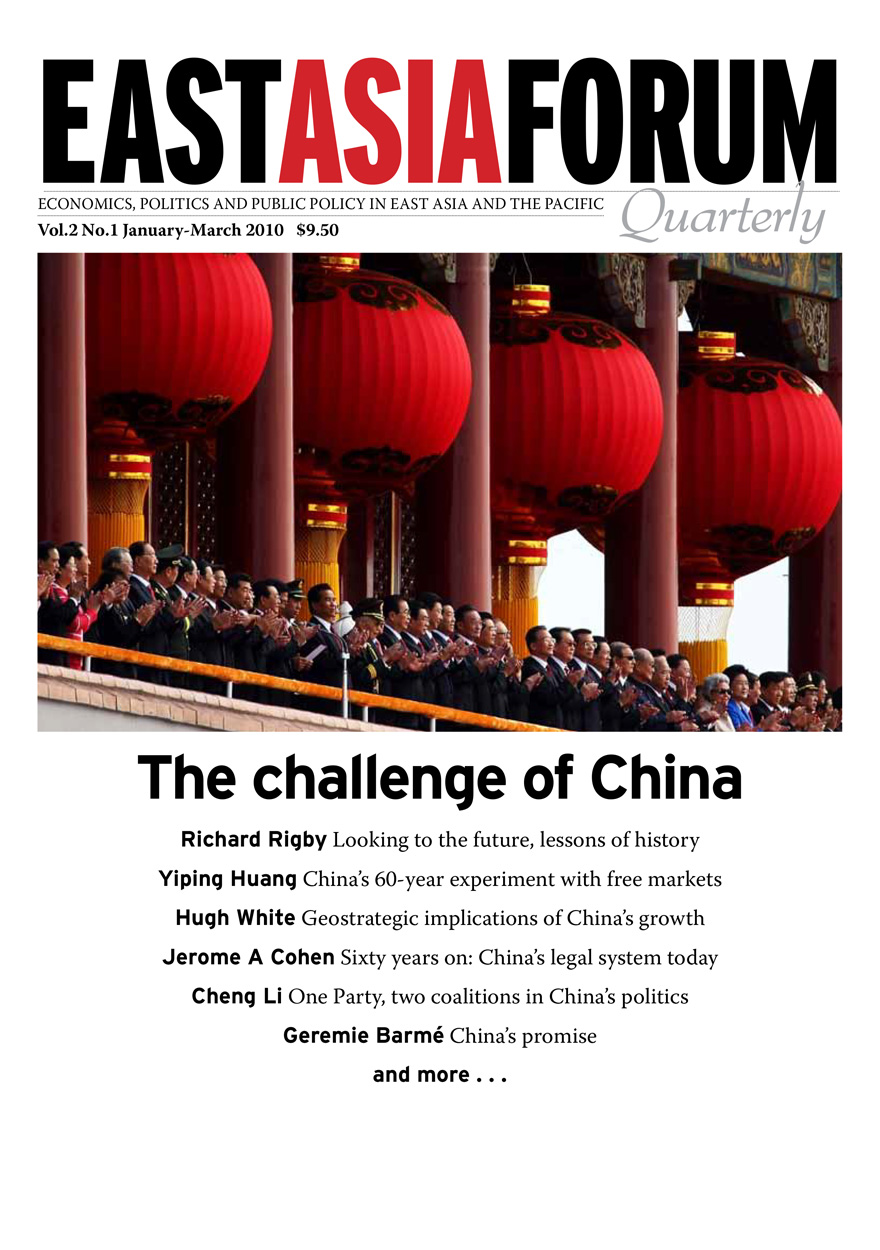Search titles
Displaying results 241 to 250 of 358.

China: The Next Twenty Years of Reform and Development »
Publication date: July 2010
China has made some remarkable achievements during the first three decades of economic reform and opening up, rising to become one of the world’s most dynamic and globally-integrated market economies. Yet there remains much unfinished business on the reform and development agenda, coupled with newly emerging challenges. China: The Next Twenty Years of Reform and Development highlights how the deepening of reforms in critical areas such as domestic factor markets, the exchange rate regime and the health system, combined with the strengthening of channels for effective policy implementation, will enable China to cope with the challenges that lie ahead. These include responding to the pending exhaustion of the unlimited supply of labour; playing a constructive role in reducing global trade imbalances; enhancing firms’ ability to innovate; coping with migration, urbanisation and rising inequalities on scales unknown in world history; and dealing with rising energy and metal demand in an era in which low-carbon growth has become a necessity rather than a choice.
Chinese translation

Fiducial Governance »
An Australian republic for the new millennium
Authored by: John Power
Publication date: July 2010
Fiducial Governance: An Australian republic for the new millennium represents an attempt to grapple with the challenges of designing governance regimes suited to the new millennium. Power’s monograph asserts the need for the reform of Australian governance and charts Australia’s fitful progress towards a republican future. Along the way he sketches a framework for constitutional reform, mindful of the strengths and weaknesses of the current system of government and the contest of ideas about the role and configuration of Australian Heads of State. Long a frustrated Australian republican, Power contends that the republican log jam is due in significant part to a lack of respect shown by the republican policy community to the contribution long made to good governance by monarchical heads of state. This monograph seeks to draw lessons from this experience, so as to make the republican venture one of substance for the Australian public. In so doing, Power draws on a range of republican, indigenous and feminist writings in order to develop a new framework of ‘fiducial governance’ aimed at enhancing the trustworthiness and integrity of our institutions of governance, thereby paving the way for the replacement of the monarch by a directly elected head of state. This is an erudite and thoughtful book that will be of interest to those with an interest in systems of governance and to constitutional scholars, whether they be republicans or monarchists.

East Asia Forum Quarterly: Volume 2, Number 3, 2010 »
Publication date: July 2010
East Asia Forum Quarterly grew out of East Asia Forum (EAF) online, which has developed a reputation for providing a platform for the best in Asian analysis, research and policy comment on the Asia Pacific region in world affairs. EAFQ aims to provide a further window onto research in the leading research institutes in Asia and to provide expert comment on current developments within the region. The East Asia Forum Quarterly, like East Asia Forum online, is an initiative of the East Asia Forum (EAF) and its host organisation, the East Asian Bureau of Economic Research (EABER) in the Crawford School of Economics and Government in the College of Asia & the Pacific at The Australian National University.
Download for free
Not available for purchase

Agenda - A Journal of Policy Analysis and Reform: Volume 17, Number 1, 2010 »
Edited by: William Coleman
Publication date: July 2010
Agenda is a refereed, ECONLIT-indexed and RePEc-listed journal of the College of Business and Economics, The Australian National University. Launched in 1994, Agenda provides a forum for debate on public policy, mainly (but not exclusively) in Australia and New Zealand. It deals largely with economic issues but gives space to social and legal policy and also to the moral and philosophical foundations and implications of policy.
Subscribe to the Agenda Alerting service if you wish to be advised on forthcoming or new issues.
Download for free
Not available for purchase

The Ayes Have It »
The history of the Queensland Parliament, 1957–1989
Authored by: John Wanna, Tracey Arklay
Publication date: July 2010
‘The Ayes Have It’ is a fascinating account of the Queensland Parliament during three decades of high-drama politics. It examines in detail the Queensland Parliament from the days of the ‘Labor split’ in the 1950s, through the conservative governments of Frank Nicklin, John Bjelke- Petersen and Mike Ahern, to the fall of the Nationals government led briefly by Russell Cooper in December 1989. The volume traces the rough and tumble of parliamentary politics in the frontier state. The authors focus on parliament as a political forum, on the representatives and personalities that made up the institution over this period, on the priorities and political agendas that were pursued, and the increasingly contentious practices used to control parliamentary proceedings. Throughout the entire history are woven other controversies that repeatedly recur – controversies over state economic development, the provision of government services, industrial disputation and government reactions, electoral zoning and disputes over malapportionment, the impost of taxation in the ‘low tax state’, encroachments on civil liberties and political protests, the perennial topic of censorship, as well as the emerging issues of integrity, concerns about conflicts of interest and the slide towards corruption. There are fights with the federal government – especially with the Whitlam government – and internal fights within the governing coalition which eventually leads to its collapse in 1983, after which the Nationals manage to govern alone for two very tumultuous terms. On the non-government side, the bitterness of the 1950s split was reflected in the early parliaments of this period, and while the Australian Labor Party eventually saw off its rivalrous off-shoot (the QLP-DLP) it then began to implode through waves of internal factional discord.

China's New Place in a World in Crisis (Chinese version) »
全球金融危机下的中国:经济、地缘政治和环境的视角
Edited by: Ross Garnaut, Ligang Song, Wing Thye Woo
Publication date: June 2010
2008年的金融危机,使全球状况和中国的世界地位都发生了改变。这场危机加速了中国作为一个有影响力的大国的崛起。本书将对下列问题进行深入探讨:此次全球危机会对中国的增长前景长造成怎样的影响?这场危机的演化和中国的应对举措,会对中国的工业化、城市化进程以及国有企业改革等问题施加何种影响?国际社会将如何应对迅速出现的国际新秩序?中国和其他主要发展中国家将在国际社会中担当怎样的新角色?中国和世界能否打破经济增长和破坏环境的宿命,尤其是如 何解决气候变化问题?
Chinese print version of this book is available from Social Science and Academic Press

Anomie and Violence »
Non-truth and Reconciliation in Indonesian Peacebuilding
Authored by: John Braithwaite, Valerie Braithwaite, Michael Cookson, Leah Dunn
Publication date: March 2010
Indonesia suffered an explosion of religious violence, ethnic violence, separatist violence, terrorism, and violence by criminal gangs, the security forces and militias in the late 1990s and early 2000s. By 2002 Indonesia had the worst terrorism problem of any nation. All these forms of violence have now fallen dramatically. How was this accomplished? What drove the rise and the fall of violence? Anomie theory is deployed to explain these developments. Sudden institutional change at the time of the Asian financial crisis and the fall of President Suharto meant the rules of the game were up for grabs. Valerie Braithwaite’s motivational postures theory is used to explain the gaming of the rules and the disengagement from authority that occurred in that era. Ultimately resistance to Suharto laid a foundation for commitment to a revised, more democratic, institutional order. The peacebuilding that occurred was not based on the high-integrity truth-seeking and reconciliation that was the normative preference of these authors. Rather it was based on non-truth, sometimes lies, and yet substantial reconciliation. This poses a challenge to restorative justice theories of peacebuilding.

East Asia Forum Quarterly: Volume 2, Number 1, 2010 »
Publication date: February 2010
East Asia Forum Quarterly grew out of East Asia Forum (EAF) online, which has developed a reputation for providing a platform for the best in Asian analysis, research and policy comment on the Asia Pacific region in world affairs. EAFQ aims to provide a further window onto research in the leading research institutes in Asia and to provide expert comment on current developments within the region. The East Asia Forum Quarterly, like East Asia Forum online, is an initiative of the East Asia Forum (EAF) and its host organisation, the East Asian Bureau of Economic Research (EABER) in the Crawford School of Economics and Government in the College of Asia & the Pacific at The Australian National University.
Download for free
Not available for purchase

Agenda - A Journal of Policy Analysis and Reform: Volume 16, Number 4, 2009 »
Edited by: William Coleman
Publication date: December 2009
Agenda is a refereed, ECONLIT-indexed and RePEc-listed journal of the College of Business and Economics, The Australian National University. Launched in 1994, Agenda provides a forum for debate on public policy, mainly (but not exclusively) in Australia and New Zealand. It deals largely with economic issues but gives space to social and legal policy and also to the moral and philosophical foundations and implications of policy.
Subscribe to the Agenda Alerting service if you wish to be advised on forthcoming or new issues.
Download for free
Not available for purchase

East Asia Forum Quarterly: Volume 1, Number 1, 2009 »
Publication date: November 2009
East Asia Forum Quarterly grew out of East Asia Forum (EAF) online, which has developed a reputation for providing a platform for the best in Asian analysis, research and policy comment on the Asia Pacific region in world affairs. EAFQ aims to provide a further window onto research in the leading research institutes in Asia and to provide expert comment on current developments within the region. The East Asia Forum Quarterly, like East Asia Forum online, is an initiative of the East Asia Forum (EAF) and its host organisation, the East Asian Bureau of Economic Research (EABER) in the Crawford School of Economics and Government in the College of Asia & the Pacific at The Australian National University.
Download for free
Not available for purchase



